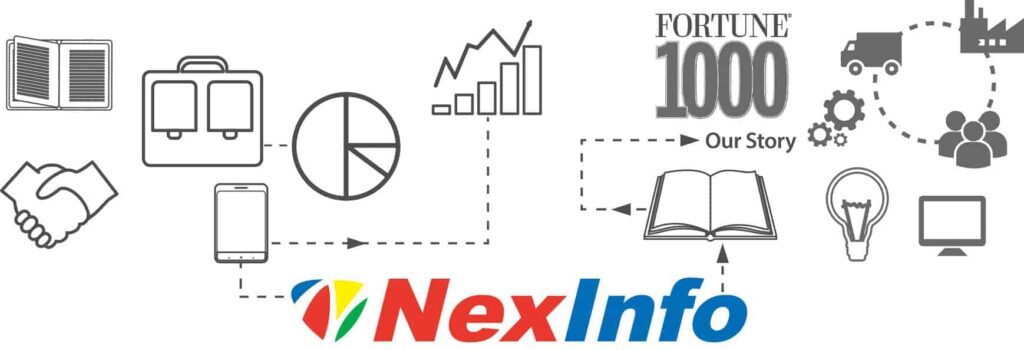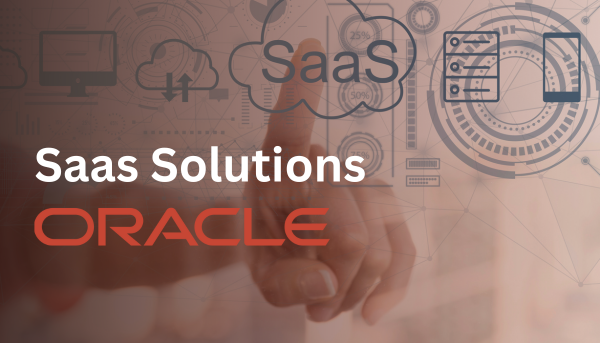Enterprise resource planning (ERP) systems are used by businesses around the world to better manage their operations, finances, inventory, and more. The high level of integration in these systems means that a business using ERP software has a single version of the truth and enhanced insights into their business processes.
These insights enable stakeholders at all levels to make better strategic and tactical decisions, leading to more efficient operations, greater revenues, and increased profitability.
The downside is that ERP implementations are extraordinarily complex projects. A lack of proper planning, executive support, or stakeholder involvement can doom an ERP project.
ERP implementation failures are quite common, despite decades of experience. ERP implementation success stories are common as well. It is instructive to study both failed and successful ERP implementations to learn what to do–and what not to do–when planning and executing your own ERP implementation.
ERP Implementation Failures
Let’s start with the bad news: ERP implementation failure. By some estimates, almost one of every three ERP implementation projects ends in failure. Here are some examples of high-profile implementation failures:
- In 2000, athletic apparel giant Nike spent $400 million to implement a new supply chain system. The resulting bug-ridden system caused the underproduction of the popular Air Jordan shoes and the overproduction of less-popular models. Nike lost $100 million in revenue from the ERP failure.
- Beverage manufacturer MillerCoors attempted, in 2014, to consolidate seven legacy systems into one SAP instance. When the system went live in late 2015, it had so many defects that the company eventually scrapped the whole project–millions of dollars spent with nothing to show for it.
- Rubbish-disposal company Waste Management sued SAP after spending over $100 million and several years on a system that never lived up to the ERP vendor’s promises–namely, that the system could be implemented in 18 months and deliver all the required functionality “out of the box.”
Why ERP implementations fail
There are numerous reasons why ERP implementations fail. One of the most fundamental is a lack of support from the company’s C-suite. Digital transformation is not just an IT project; it’s a business project. If upper management is not sending the message that an ERP implementation is the company’s highest priority, it won’t be taken seriously by the stakeholders lower on the totem pole.
Another reason for ERP implementation failure is a lack of technical requirements. ERP software requires specific hardware and network configurations in order to run properly. If you don’t adequately account for your existing IT infrastructure, and update it appropriately, you may end up with an ERP system that doesn’t work the way it’s supposed to. This is why testing an ERP system is so crucial to implementation success.
Insufficient funding, training, and support can also be a cause of implementation failures. An ERP system requires more investment than simply the cost of the software, and businesses unwilling to take on those costs in terms of training and ongoing technical support usually end up paying the price.
Lastly, a refusal to abandon old processes may lead to a failure to fully integrate a new ERP system into your business. This usually represents a lack of faith that the ERP system is capable of handling the tasks it needs to. Doubled work, lowered morale, and entry errors are common when a business attempts to keep doing things the way it always has.
ERP Support Services
ERP Consulting Services
Success Stories
Now for the stories of success: ERP implementations that went well.
- When COVID-19 restrictions afflicted much of the world in 2020, restaurants, in particular, had to pivot quickly to keep the revenue flowing. The Chipotle chain implemented a new curbside pickup service–all while migrating its ERP system to Oracle Cloud ERP. The move not only enabled Chipotle to adapt to its new digital business model but enabled the accounting team to shave a day from its month-end close process.
- Package delivery company FedEx wanted to transform its finance and supply-chain systems to improve the experience for the stakeholders in those areas–not a one-time improvement, but a platform for continuous innovation. By implementing Oracle Cloud ERP and dozens of other Oracle Cloud applications, FedEx has now automated many processes and gained significant operational efficiency.
- Media giant Hearst Communications, with over 360 distinct businesses, had a diverse patchwork of finance and HR systems, making HR management and accurate financial reporting a nightmare. They consolidated on a single, cloud-based platform that includes Oracle Cloud ERP and Oracle Cloud HCM. As a result, Hearst now has a single chart of accounts and an automated employee onboarding system, among other benefits.

ERP implementation case study
A detailed look at each of these ERP implementation case study examples reveals that the ERP solutions themselves were only part of the story. An important characteristic of the organizations driving these projects was a willingness to change their ways of doing business.
Too often, businesses are lured to new solutions by promises that tools alone will solve their business problems. But digital transformation means more than adopting fancy new tools: It also involves taking a hard look at your current business practices, identifying ways to eliminate those that add no value, and improving the ones that do. Only then can digital tools be applied.
NexInfo and ERP Implementation
Select a competent, experienced implementation partner to guide you through the process. Some characteristics of successful ERP implementation companies include:
- Experience in your industry and with its common business processes
- A time-tested and proven implementation process
- A bias towards listening first and understanding before making recommendations
- Numerous successful implementation stories, backed up by client references
NexInfo, one of the most successful ERP partners, has performed over 500 implementations of both Oracle Fusion Cloud and SAP ERP systems. Our project managers are among the most experienced in the industry. If you are thinking about implementing a new ERP system, contact NexInfo today to learn how we can help.








